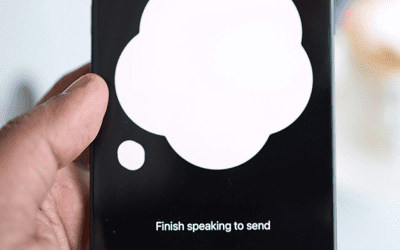So you’ve gone to college and hopefully gotten your degree in something you are passionate about. You’ve graduated and have started working at a company doing something close to what you had in mind only to find out that 80% of what you learned is out-of-date. We live in a fast-paced world and if you’re in the technology or online industry, it’s even faster.
Someone asks you how your new job is going, and you take a deep breath and say, “it’s different than what I was expecting”.
Welcome to the workforce of today.
Over the next several months you may throw yourself into your job to learn what you didn’t know to start with, only to have someone say, “The first 10,000 hours are easy,” and you have to control your facial expression. I’m sorry to say; they are 100% correct as it takes that much longer to learn your job, get efficient and then get profitable.

10,000 hours = 417 days
Now before you start to think you can do just over a year standing on your head, let me paint you a picture.
Let’s pretend you have a 40 hour per week job that involves many tasks that demand your attention. I ask you to become an expert at Juggling. You probably won’t be able to spend 8 hours per day learning how to juggle so you have to work it around other tasks. Now that 10,000 hours make take more like 600 or even 1000 days. In fact, you may not be able to devote enough time to reach that
Like the title says, that’s the easy part as once you become an expert people start to need you to be the expert. That means staying on
“What I have found in my 30+ years of working is that my time spent learning really never ends.”
Back in the early 2000s, Adobe Flash was a unique tool that a person needed to spend 10,000 hours learning an application that was very different than other programs. I was one of those who spent time learning to use the tool and produced some nice web solutions with it. By 2008, Flash was on the way out because websites couldn’t be
What should happen next: Prepare to learn
Be open to learning new things as your employer will appreciate your willingness to grow and will value that at performance review time.
What should not happen: Stay content where you are
Just because you had the skills to land the job you have, doesn’t mean you have the skills to keep the job year after year.







